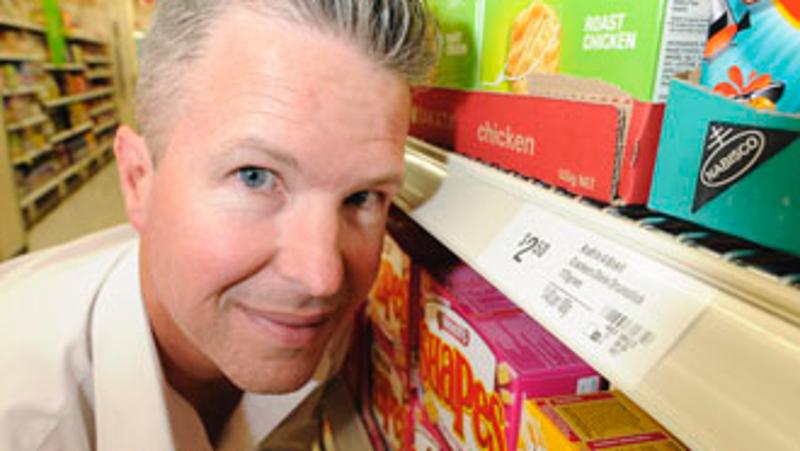
Following last night's announcement by Woolworths CEO Grant O'Brien that the supermarket intends to double the proportion of home brand products on its shelves to 35 per cent, a Queensland University of Technology consumer expert has warned that home brand expansion is set to explode.
QUT Business School academic Dr Gary Mortimer said sales of Coles and Woolworths home brand products already accounted for an estimated 23 per cent of sales in the $70 billion grocery market, up from about 10 per cent in 2000.
"But it won't stop there," Dr Mortimer said. "Even at 35 per cent market share, we are still lagging behind the rest of the world.
"In the UK, the private label market share sits between 45 to 50 per cent.
"Even back in 2006, UK retailer, Tesco accounted for 50 per cent through its private label, US retailer Wal-Mart an estimated 40 per cent, French retailer Carrefour nearly 30 per cent, and German supermarket retailer Schwartz Group an estimated 43 per cent.
"This will be the way forward for both Woolworth and Coles here in Australia."
Dr Mortimer said the move was a good strategy for business and share holders but warned consumers ultimately may miss out on range and choice.
"Supermarkets engage directly with manufacturers to produce their 'private label' product, so they own and contribute to intellectual property, development, quality testing and branding," he said.
"These products therefore create better profit margins for them than national brand products.
"This strategy is not new for retailing. For many years, the general merchandise, hardware and liquor businesses of Coles and Woolworths have grown their home brands.
"This benefits supermarkets because they no longer have to compete directly with their competitors on price.
"Home brands have come a long way since the 1990s. They are no longer considered cheap and nasty alternatives and have almost become 'brands' in their own right.
"We are already seeing a 'tiering' of house brand, from the basic generic to the middle tier (Coles) to the top tier (Coles Finest and Woolworths Select)."
So, what does all this mean for the consumer both now and in the future?
"Brand manufacturers argue this strategy will ultimately limit consumer choice in the supermarkets while supermarkets suggest this will lead to cheaper groceries," Dr Mortimer said.
"Over the next five to10 years I'd suggest we will see a proliferation of private label products, certainly within basic staple ranges. It will not be uncommon to see ranges that comprise only the top two nationally branded products and the three private label alternatives."
Media contact: Rose Trapnell, QUT media officer, 07 3138 2999 or rose.trapnell@qut.edu.au


